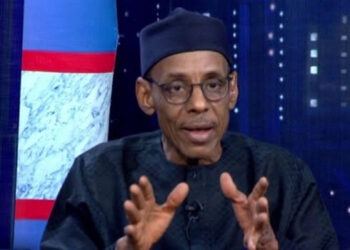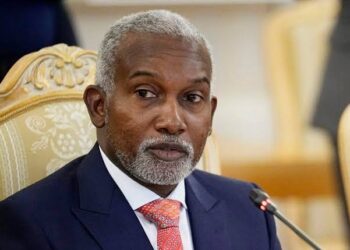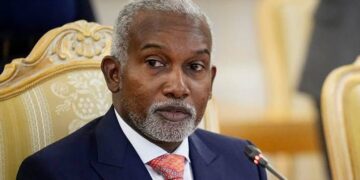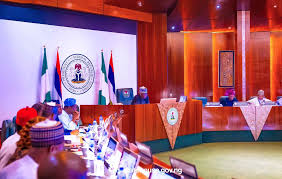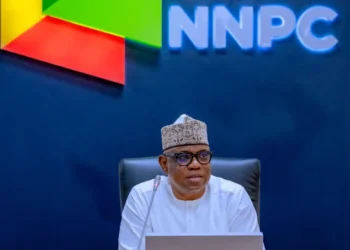TThe fiscal stability of Nigeria’s sub-national governments faces severe pressure. In the first half of 2025 (H1 2025), at least 20 states collectively secured approximately N458bn in fresh loans, both foreign and domestic. This alarming reliance on new debt comes against the backdrop of a soaring external debt servicing burden. State governments are currently grappling with the steepest rise in repayment costs in years. This deep financial strain highlights the crippling effect of the Naira’s depreciation on Nigerian States Borrow N458bn to fund operations and projects.
External Debt Servicing Jumps 68.4%
The crushing cost of external debt repayment is the most significant factor undermining state finances. States collectively spent about N235.58bn on servicing external debt within H1 2025. This represents a sharp rise of N95.65bn or 68.4 per cent compared with the N139.92bn recorded in the corresponding half of 2024.
According to financial experts, the Naira’s rapid depreciation has mounted pressure on state finances. Dollar-denominated debt repayments are now much more expensive.
Allocations Soar, Yet Borrowing Continues
The debt surge occurred despite states receiving substantially higher inflows from the Federation Account Allocation Committee (FAAC). The National Bureau of Statistics (NBS) released FAAC disbursement data. This data shows the three tiers of government shared N10.13 trillion in the first half of this year.
Out of this, states received N3.425tn. This marked a massive 42.96 per cent increase from the N2.396tn they got in the first six months of 2024. State allocations surged monthly, hitting N607bn in June 2025, up from N461.97bn in June 2024.
Despite this robust revenue increase, an analysis of states’ Q2 budget reports showed approximately 20 states still resorted to fresh borrowings. The states secured N457.66bn in H1 2025.
Top Borrowers: Oyo, Kaduna, and Lagos Lead New Debt Drive
New borrowing was distributed unevenly across the country. Oyo State led the group, securing a substantial N93.4bn domestic loan. Kaduna State followed, taking a N62bn foreign loan. Lagos State also borrowed N50bn domestic loans.
Other states secured significant foreign loans:
- Zamfara: N28bn
- Katsina: N20.7bn
- Gombe: N20.3bn
- Niger: N25.8bn
Bauchi State secured a mix of domestic and foreign loans totalling N26.3bn. Borno, Taraba, Sokoto, Kwara, Ekiti, Ebonyi, Enugu, Abia, and Ondo also featured on the foreign loan list.
The Crippling Risk of Dollar-Denominated Debt
Analysts warn that continued reliance on foreign loans exposes states to greater fiscal risks. Professor of Economics at Ekiti State University, Taiwo Owoeye, cautioned that the weakening Naira is the primary risk factor.
“Most of the debts are dollar-denominated,” Professor Owoeye explained. “Every depreciation of the local currency automatically inflates repayment obligations. This forces states to channel a larger share of their revenues into debt servicing instead of development projects.”
He further noted that heavy external borrowing undermines states’ financial autonomy: “Many states risk mortgaging future federal allocations to meet repayment schedules. This leaves them little room to fund critical sectors like health, education, and infrastructure.”




